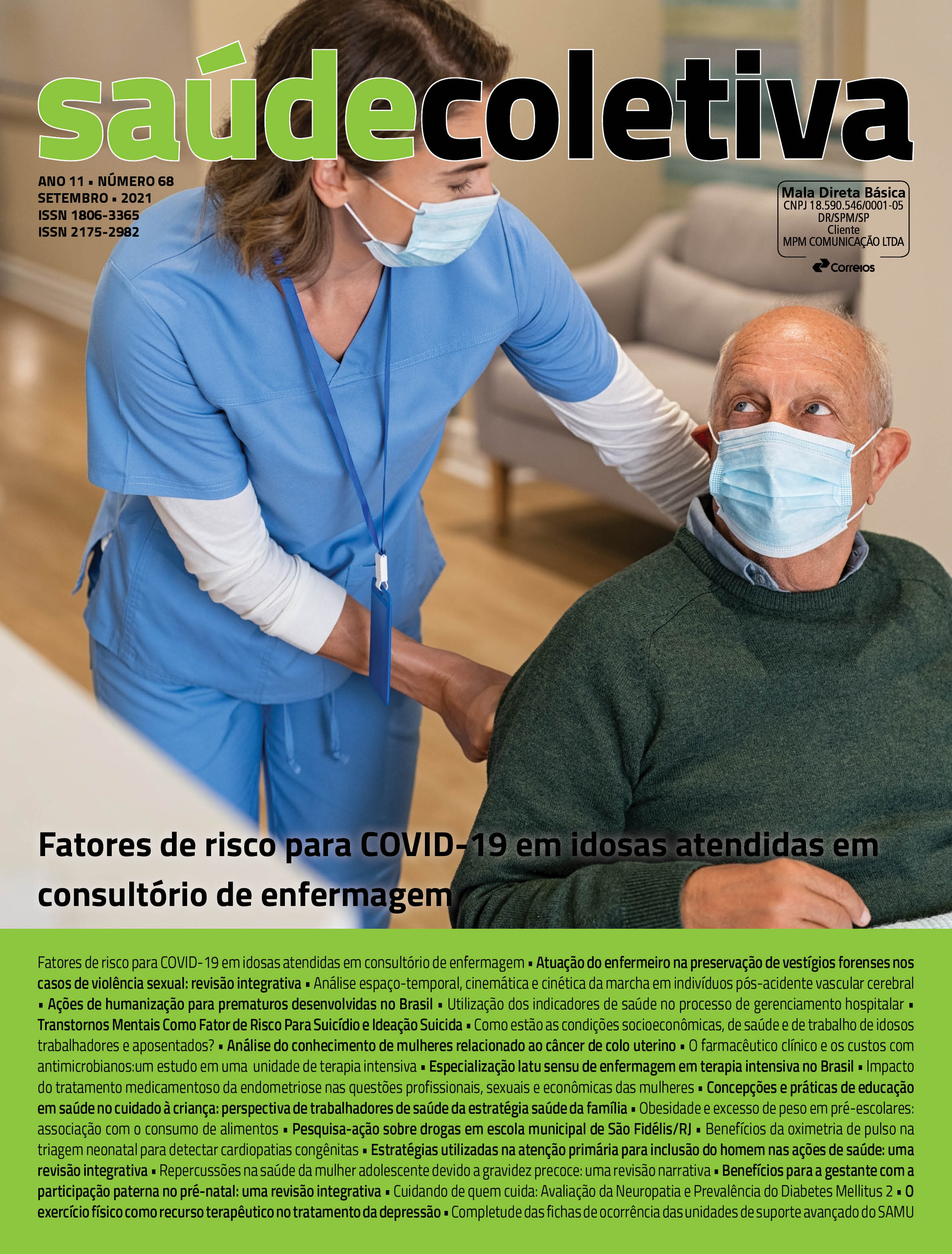Racism practices in obstetric assistance: phenomenological case study
DOI:
https://doi.org/10.36489/saudecoletiva.2021v11i68p7451-7460Keywords:
Violence Against Women, racism, Health Services Accessibility, Hospitals, MaternityAbstract
Objective: To understand the racist practices in assistance in the pregnancy-puerperal cycle from a case. Method: The study used the phenomenological method for case study, structured in four procedures: clinical meetings, descriptive report, expressive productions and documentary analysis. The data were analyzed using the phenomenological method of Giorgi. Result: After the analysis, four units of meaning were obtained: Unit 1: Concept of racist practice; Unit 2: Racist obstetric practices; Unit 3: Understanding the experience of black women assisted by racist practices; Unit 4: Struggles for the rights for equitable assistance, its trajectory indicated the possibility of racist practices occurring in different ways during obstetric care, helping to delineate the formats of occurrence. Conclusion: Public policies make a strong contribution to the qualification and humanization of health care for black women, and should be part of training and care strategies.







